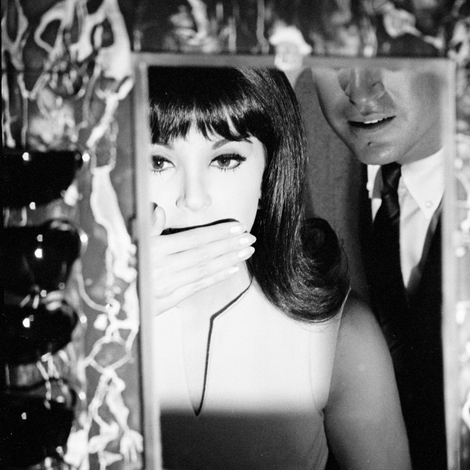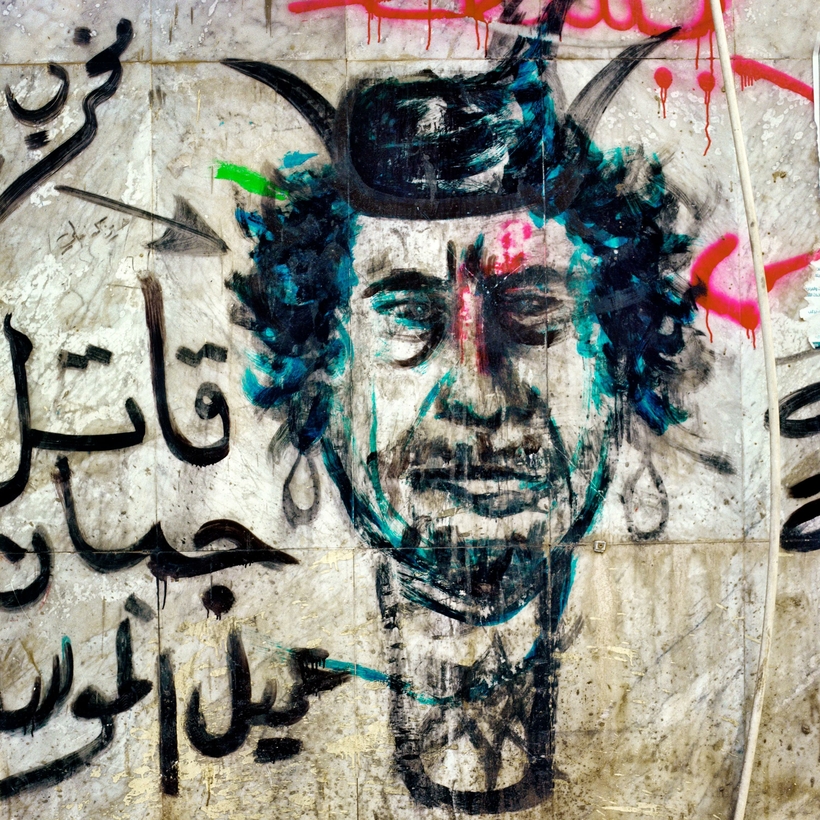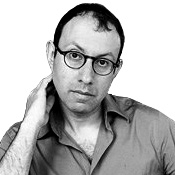When I received my advance copy of Phil Elwood’s new book, All the Worst Humans, the first thing I did was look for my name in the index. Happily, I was not included.
The subtitle of his book, “How I Made News for Dictators, Tycoons, and Politicians,” couldn’t be timelier, as our news gets spun, one way or another, faster than atoms in an Iranian cyclotron.
I enjoyed reading about Elwood’s younger self as an intern on Capitol Hill, pushing a liquor cart through the stately halls of the Senate—just in time for Daniel Patrick Moynihan’s happy hour—and landing an internship with Carl Levin, the onetime senator from Michigan. (My grandmother kept a framed portrait of Levin in her kitchen when she lived on Central Park West. I never understood why, as she had never been to Michigan in her life. Maybe she just liked his face—or the fact that he was one of the few Jews in the Senate. But I digress.)
Elwood’s Rolodex filled up with the names of reporters and editors with whom he developed a kind of co-dependent relationship. As he writes early in the book, “When I call, they pick up.... They know I have something juicy.... They build their careers, and I do my job to spin a story for a client.”
Elwood really came into his own, though, working for Peter Brown, at the P.R. firm Brown Lloyd James. Brown cut his baby teeth working for the Beatles. He’s immortalized in Lennon’s song “The Ballad of John and Yoko”: “Peter Brown called to say, ‘You can make it okay, / You can get married in Gibraltar, near Spain.’” But what deep-dish irony that Brown would end up representing Muammar Qaddafi and his repressively corrupt government in Libya while John and Yoko traveled the world with their bed-ins for peace and love—a fascinating and scary story Elwood brings marvelously to life.
Brown’s mantra is “Everyone deserves representation.” I’m not sure where he got that, since it’s not in the Ten Commandments or the Bill of Rights. I was naïvely shocked to learn that “foreign dictators hiring American PR firms is still common practice,” and that the reason is not much of a compliment to us, as they see how “skillfully [P.R. firms] protect American politicians and corporations.”
Elwood was charged with looking after Qadaffi’s deranged son Mutassim (known, for his “degree in torture from Moscow State University,” as “the Doctor”) in Las Vegas. Mutassim, who was Qadaffi’s head of security, was hell-bent on having a good time. It was during the last days of Ramadan—which for the Qaddafis was really another word for “party down!”
Mutassim commandeered nine suites at the Bellagio, and ran up dinner bills that came to eight grand. His Vegas bucket list consisted of visiting the Harley-Davidson showroom, purchasing a Cadillac Escalade, buying a telescope, grabbing a handful of jean shorts, and, naturally, seeing Cher during her Vegas residency. Talk about the banality of evil!
Elwood did draw a line, though, which cost him his job at BLJ, when it came to that now infamous, fawning profile in Vogue magazine’s “Power Issue” of Asma al-Assad, the wife of Syria’s president, Bashar al-Assad, who is certainly near the front of the conga line of the worst humans. BLJ wanted him to find a way to promote coverage outside of Syria to create sympathy for al-Assad’s attempts at reform, which was all happening as Syria was collapsing into a civil war that would claim more than 600,000 lives.
Elwood was charged with looking after Qadaffi’s deranged son Mutassim (known, for his “degree in torture from Moscow State University,” as “the Doctor”).
Brown may have taught him that “anything is possible with the right amount of money,” but as Elwood eventually came to realize, for years he had been “treating [his own] mental illness with crises”: Qadaffi, al-Assad, Qatar, Sarajevo, Dubai, Antigua. He even helped burnish the image of the Nigerian president Goodluck Jonathan after the abduction of young women by Boko Haram, arranging for him to have a photo op with the young Nobel Peace Prize recipient Malala Yousafzai. “Fifteen years of constant fires, many of which I’ve lit” led Elwood to a very dark and lonely place.
But even then, Elwood couldn’t quite give up the life, this dance with the infidels. Eventually he became involved with a posse of retired-for-hire Mossad agents who call themselves Psy-Group. Before too long, the F.B.I. was ringing Elwood’s buzzer, with his wife still in her pajamas.
Which brings me to the other story in this lively, often hilarious, blood-chilling tale. Elwood may have spent much of his life among the worst humans, but he seems to have had the great good fortune of finding Lindsay, his wife, who certainly seems like one of the world’s best humans. She saved him, not only from the worst humans but from his own worst instincts.
At the end of Elwood’s book, I was reminded of something Abraham Lincoln said: “What kills a skunk is the publicity it gives itself.”
Sam Kashner is a Writer at Large at AIR MAIL. Previously a contributing editor at Vanity Fair, he is the author or co-author of several books, including Sinatraland: A Novel, When I Was Cool: My Life at the Jack Kerouac School, and Life Isn’t Everything: Mike Nichols, as Remembered by 150 of His Closest Friends


